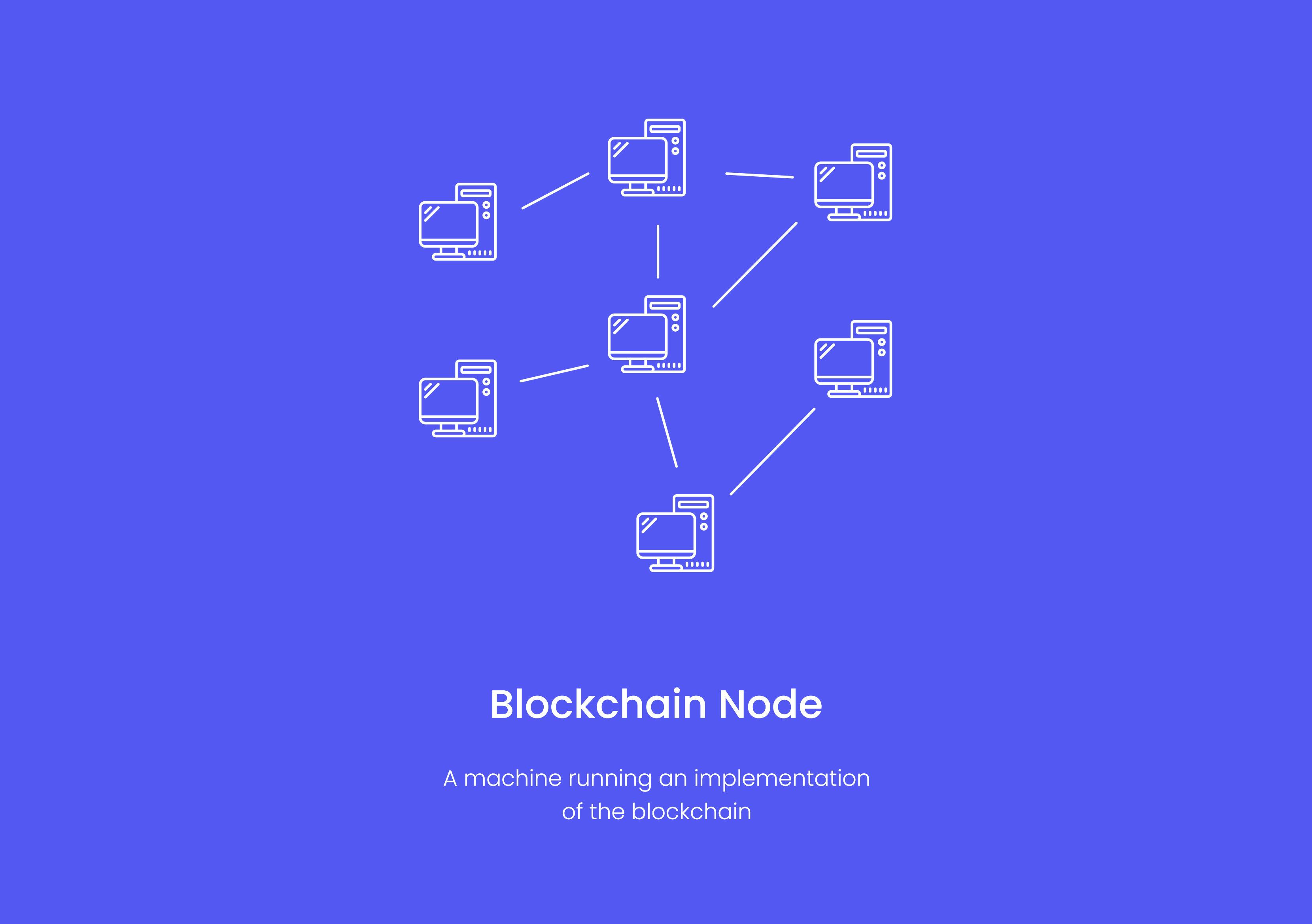
"Blockchain is a type of distributed database, where copies of the transaction registry are stored across synchronized devices, ensuring decentralization and distinguishing it from centralized networks."
"Nodes are crucial structural units in blockchain, storing copies of the blockchain, adding new transaction blocks, and maintaining the network's decentralized consensus mechanism."
"The guide provides an overview of nodes, covering their importance, types, functions, and potential for income, while also addressing challenges in launching and maintaining them."
"Without independent nodes, the very existence of a decentralized network is impossible, making it imperative for project teams to encourage their launch from early development stages."
The article emphasizes the critical role of blockchain nodes, which are devices that store copies of the blockchain and facilitate the addition of new transactions. It details how nodes differentiate decentralized systems from traditional client-server networks. The guide covers various aspects of nodes, including their types, functions, and importance, as well as the advantages for node operators. It explains how one can launch and maintain a node, highlighting the challenges and opportunities in this domain, particularly in relation to potential income and necessary expenses.
Read at Hackernoon
Unable to calculate read time
Collection
[
|
...
]